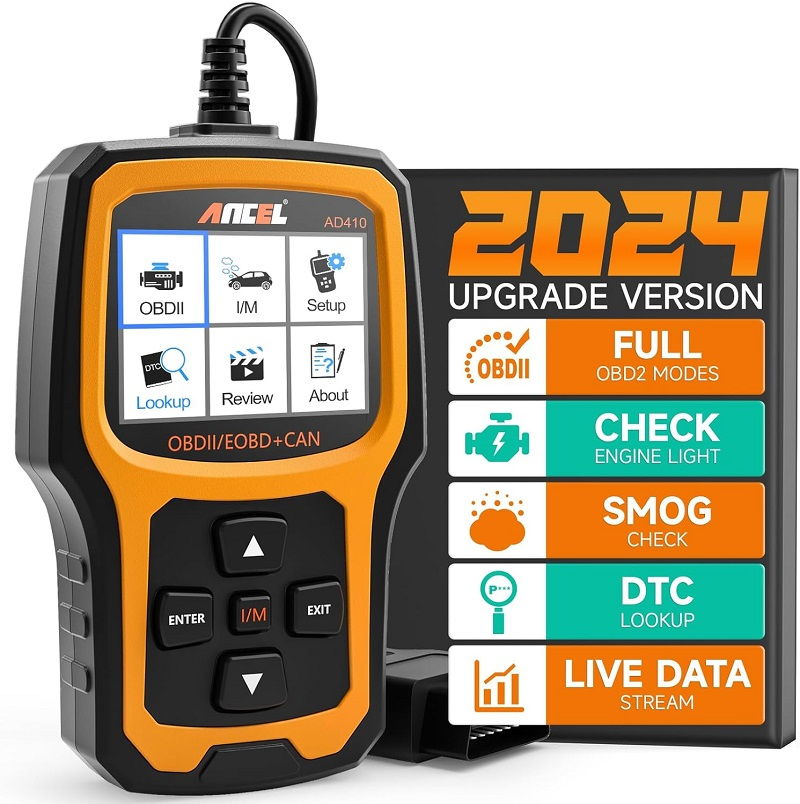This post contains affiliate links. This means I will make a commission at no extra cost to you should you click through and make a purchase [ “As an Amazon Associate, I earn from qualifying purchases.” ]. Read the full disclosure here.
P0034 Turbo Charger Bypass Valve Control Circuit Low: Understanding the Code and Solutions GuideMechanic.Com In the realm of automotive diagnostics, trouble codes play a crucial role in identifying issues within a vehicle’s systems.
One such trouble code, P0034, specifically deals with the Turbo Charger Bypass Valve Control Circuit being detected as low.
This code is significant in diagnosing problems related to turbocharged engines, which are increasingly prevalent in modern vehicles. In this article, we delve into the details of P0034, exploring its meaning, potential causes, and methods to resolve it.
See Also: P0032 HO2S Heater Control Circuit High (Bank 1 Sensor 1)
P0034 Turbo Charger Bypass Valve Control Circuit Low
Understanding P0034:

P0034 is an OBD-II trouble code, part of a standardized system used by vehicles since the mid-1990s to monitor and report on various components’ functionality.
Each code corresponds to a specific issue within the engine or emission control system. P0034 specifically pertains to the turbocharger bypass valve control circuit being detected as low.
Turbochargers are integral components of modern engines, especially in vehicles aiming for enhanced performance and efficiency. They work by compressing the intake air before it enters the engine cylinders, thereby increasing power output.
The bypass valve, also known as a wastegate or blow-off valve, regulates the turbocharger’s boost pressure. If the control circuit for this valve is detected as low, it signifies a problem with the electrical signal controlling the valve’s operation.
Common Causes of P0034:

Diagnosing the exact cause of P0034 requires a systematic approach and sometimes the assistance of specialized diagnostic equipment. However, several common culprits are often associated with this trouble code:
Faulty Bypass Valve Solenoid:
The solenoid responsible for controlling the bypass valve may malfunction, causing it to remain closed or partially open when it should be open. This can disrupt the turbocharger’s operation and trigger the P0034 code.
Wiring Issues:
Any damage or disconnection in the wiring harness connected to the bypass valve control circuit can result in a low signal being detected. This could be due to fraying, corrosion, or poor connections.
Faulty Bypass Valve:
The bypass valve itself might be faulty, unable to operate correctly even when the control signal is functioning correctly. This could be due to wear and tear or internal mechanical issues.
ECU (Engine Control Unit) Malfunction:
In some cases, the issue may lie with the ECU itself, which fails to send the correct signals to the bypass valve solenoid, resulting in the P0034 code.
Boost Pressure Issues:
Problems with the turbocharger system, such as excessive boost pressure or leaks, can indirectly trigger the P0034 code by causing irregularities in the bypass valve’s operation.
P0034 Turbo Charger Bypass Valve Control Circuit Low
Diagnostic Procedures:
Diagnosing and resolving P0034 typically involve the following steps:
Code Retrieval:
Check out this ANCEL AD410 Enhanced OBD II Vehicle Code Reader Automotive OBD2 Scanner Auto Check Engine Light Scan Tool (Black/Yellow)

Using an OBD-II scanner, retrieve the trouble code (P0034) from the vehicle’s ECU to confirm the issue.
Visual Inspection:
Conduct a visual inspection of the wiring harness, connectors, and components related to the turbocharger bypass valve. Look for signs of damage, corrosion, or loose connections.
Check Bypass Valve Solenoid:
Test the bypass valve solenoid for proper operation using a multimeter or specialized diagnostic tool. Ensure it receives the correct voltage and responds accordingly.
Inspect Bypass Valve:
If the solenoid is functioning correctly, inspect the bypass valve itself for any signs of damage or malfunction. Test its operation manually if possible.
Test ECU Signals:
Use a diagnostic tool to check if the ECU is sending the correct signals to the bypass valve solenoid. If not, further investigation into the ECU or related systems may be necessary.
Address Any Boost Pressure Issues:
If boost pressure problems are suspected, such as leaks or irregularities, address them accordingly to ensure proper turbocharger operation.
P0034 Turbo Charger Bypass Valve Control Circuit Low
Potential Solutions:

Based on the diagnostic findings, several solutions may be necessary to resolve P0034:
- Replace Bypass Valve Solenoid: If the solenoid is found to be faulty, replace it with a new one to restore proper operation.
- Repair Wiring Issues: Repair or replace any damaged wiring harnesses or connectors affecting the bypass valve control circuit.
- Replace Bypass Valve: If the bypass valve itself is faulty, replace it with a new one to ensure proper turbocharger operation.
- ECU Repair or Replacement: If the issue lies with the ECU, consider repairing or replacing it as per manufacturer recommendations.
- Address Boost Pressure Problems: Fix any issues with the turbocharger system, such as leaks or irregular boost pressure, to prevent future occurrences of P0034.
Conclusion:
See Also: P0033 Turbo Charger Bypass Valve Control Circuit
P0034 is a diagnostic trouble code that indicates a low signal detected in the turbocharger bypass valve control circuit. While it may seem daunting at first, diagnosing and resolving this issue is crucial for maintaining optimal engine performance and efficiency, especially in turbocharged vehicles.
By following systematic diagnostic procedures and addressing potential causes, automotive technicians can effectively tackle P0034 and ensure the vehicle operates smoothly.
Regular maintenance and prompt attention to trouble codes like P0034 are key to keeping vehicles running reliably for years to come.
- Food Trucks for Sale in Las Vegas NV - July 4, 2025
- Food Trucks for Sale Near Me Ready to Use - July 3, 2025
- Used Food Trucks for Sale in New York - July 3, 2025
